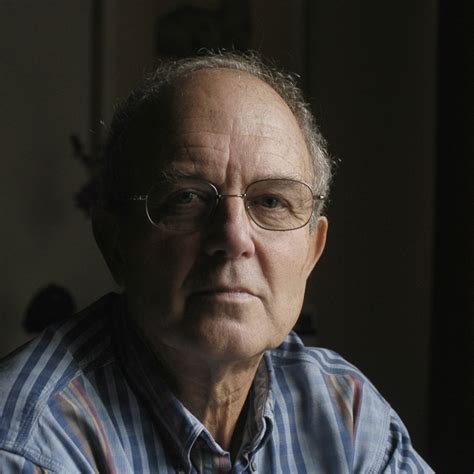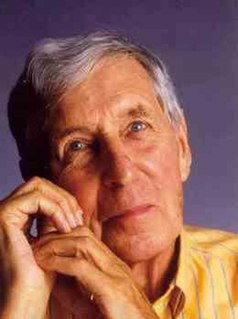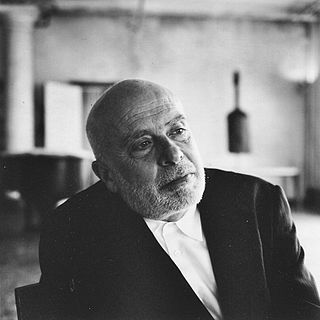A Quote by Adrian Mitchell
The maiden Olympics had more to protest about than mere war, though. Central to its ethos was a rejection of two establishments the political one, certainly, but also that of the wider poetry world itself. It changed poetry for ever in the UK, ... It led to readings all over the country. You suddenly got more women reading and publishing poems, as well as gay guys and poets from all over the world. Until that time, published poetry had been very university-based white, male, middle-class. We were trying to break poetry out of its academic confines.
Quote Topics
About
Academic
Also
Based
Been
Break
Central
Certainly
Changed
Class
Confines
Country
Ethos
Ever
Gay
Gay Guy
Got
Guys
Had
Itself
Led
Maiden
Male
Mere
Middle
More
Olympics
Out
Over
Poems
Poetry
Poets
Political
Protest
Published
Publishing
Reading
Rejection
Suddenly
Than
Though
Time
Trying
Two
UK
University
Until
Very
War
Well
Were
White
Wider
Women
World
Related Quotes
There's a sameness about American poetry that I don't
think represents the whole people. It represents a poetry
of the moment, a poetry of evasion, and I have problems
with this. I believe poetry has always been political, long
before poets had to deal with the page and white
space . . . it's natural.
I do believe that one's writing life needs to be kept separate from Po-Biz. Personally, I deal with this by not attending too many poetry readings, primarily reading dead poets or poems in translation, reading Poets & Writers only once for grant/contest information before I quickly dispose of it, and not reading Poetry Daily. Ever.
There's no difference between lyrics and poetry. Words are words. The only difference is the people who are in academic positions and call themselves poets and have an academic stance. They've got something to lose if they say it's all poetry; if there's not music to it, and you have to wear a certain kind of checkered shirt or something like that. It's all the same. Lyrics are lyrics, poetry is poetry, lyrics are poetry, and poetry is lyrics. They are interchangeable to me.
I didn't ever consider poetry the province exclusively of English and American literature and I discovered a great amount in reading Polish poetry and other Eastern European poetry and reading Russian poetry and reading Latin American and Spanish poetry and I've always found models in those other poetries of poets who could help me on my path.
I believe it's impossible to write good poetry without reading. Reading poetry goes straight to my psyche and makes me want to write. I meet the muse in the poems of others and invite her to my poems. I see over and over again, in different ways, what is possible, how the perimeters of poetry are expanding and making way for new forms.
I don't know that I had a sense that there was such a thing as "the poetry world" in the 1960s and early 70s. Maybe poets did, but for me as an onlooker and reader of poetry, poetry felt like it was part of a larger literary world. I mean, even the phrase "the poetry world" reflects a sort of balkanization of American literary and artistic life that has to some extent happened since then.
I have no idea, actually, where I fit in, in terms of poetry camps. At AWP conferences, I have been on panels about humor, collaboration, visual poetry, confessional poetry, gender, and the body, as well as tributes to Edward Field and Albert Goldbarth. I felt at home on all of them - most poets straddle more than one school.
If I'm still wistful about On the Road, I look on the rest of the Kerouac oeuvre--the poems, the poems!--in horror. Read Satori in Paris lately? But if I had never read Jack Kerouac's horrendous poems, I never would have had the guts to write horrendous poems myself. I never would have signed up for Mrs. Safford's poetry class the spring of junior year, which led me to poetry readings, which introduced me to bad red wine, and after that it's all just one big blurry condemned path to journalism and San Francisco.
Poems very seldom consist of poetry and nothing else; and pleasure can be derived also from their other ingredients. I am convinced that most readers, when they think they are admiring poetry, are deceived by inability to analyse their sensations, and that they are really admiring, not the poetry of the passage before them, but something else in it, which they like better than poetry.





































